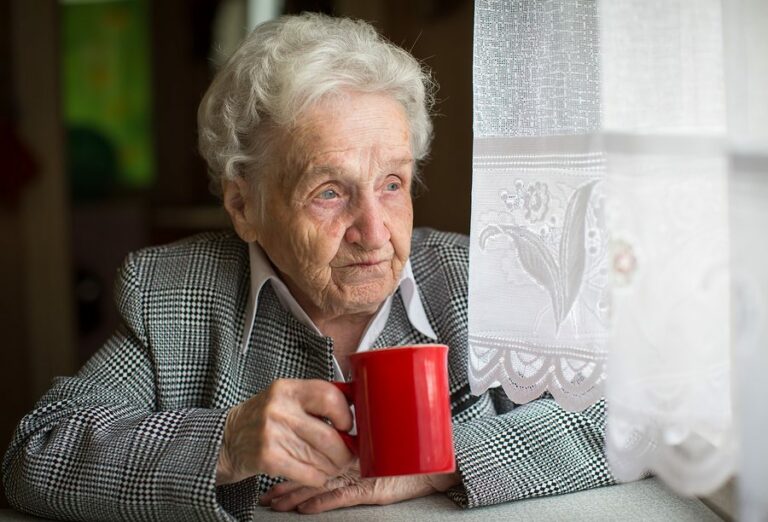
Although there is still a stigma surrounding therapy and mental illness, there has been a lot of progress with younger generations about addressing the issues and getting therapy for a number of reasons. Many people really benefit from therapy and you may be wondering if your aging loved one might not find value in visiting with a mental health professional.
Evaluating an Aging Loved One’s Mental Health
Aging presents a unique set of challenges that many older adults handle with ease, while others struggle with all the mental and physical changes. As a family caregiver to your elderly loved one, you need to honestly evaluate whether or not to approach them about starting therapy. Gather information and observations from other family members, home care aides, physicians and anyone else that has some insight into your elderly loved one’s mental health. Soon you will begin to see a clear picture of their day-to-day challenges and how they are adapting to them.
For example, seniors can develop depression, which often goes undiagnosed. They can also struggle in silence about grief, loss and self-esteem issues. If they have experienced a significant change in physical ability or circumstance, such as a major illness, surgery or injury, they may have a difficult time dealing with their new normal. Still others battle loneliness, anxiety, fear of death, and mood swings. Physical signs include alcoholism, poor appetite, insomnia, aggression, self-harm, emotional abuse to others, emotional withdrawal, and even suicide attempts. If you are finding one or more of these symptoms, it may be time to convince your elderly loved one that they don’t need to suffer in silence about their mental health.
How Therapy Benefits Aging Loved Ones
Therapy provides an outlet for seniors to talk about how they are feeling about their lives, from physical and emotional changes to what they worry about. A trained professional provides feedback based on an assessment and then works with the aging adult to address the issues. Together, they will decide an approach to getting through any short-term problems and formulate a long-term plan that will lead to better mental health.
You should know that therapy for seniors doesn’t have to be reserved for major life changes or severe mental illnesses. Many elderly people find that talking to an impartial third party helps bring them clarification and guidance on many parts of their life. Like most people, seniors can benefit from marriage or couples therapy, enhance communication with family members, look at unresolved childhood issues and learn healthy coping mechanisms for future changes and challenges. Therapy can even help seniors stay away from substance dependency or abuse, sleep problems and suicidal thoughts. Seeking professional advice for life’s problems can be a very positive thing in an older adult’s life.
Regular therapy sessions may be exactly what your aging loved one needs to embrace this chapter in their lives, especially if they seem to be struggling with their emotions. It’s up to you to ensure you’re your elderly loved one gets the help they need, because few seniors will seek out therapy on their own. Family members and home care assistants can provide reliable transportation and it may take a few tries before they find a therapist they like and trust. With therapy, seniors can find a partner to help them navigate through their golden years with a healthy mental state.
If you or an aging loved one are considering hiring home care near Columbia, SC, contact Heart of the Carolinas Home Care at 864-991-3116. Providing Home Care Services in Greenville, Simpsonville, Greer, Anderson, Spartanburg, Mauldin, Seneca, Laurens, Charleston, Columbia and the surrounding areas.
Source:
https://www.ncbi.nlm.nih.gov/pmc/articles/PMC2990651/
- Is it Possible to Prevent Family Caregiver Burnout? - April 25, 2025
- Home Care Assistance Helps Seniors After A Fall - April 9, 2025
- How Home Care Supports Seniors Who Are Hard of Hearing - March 28, 2025

